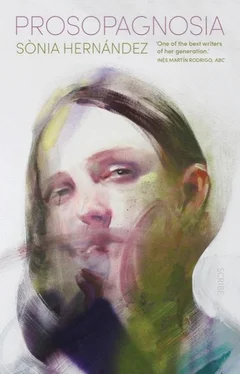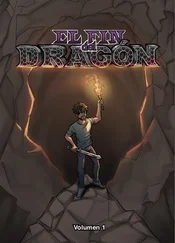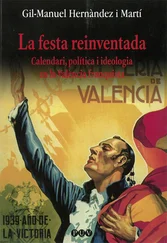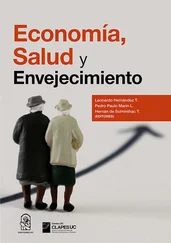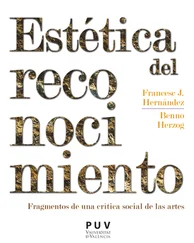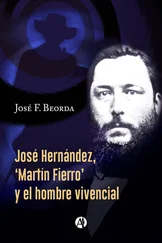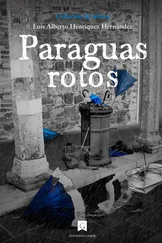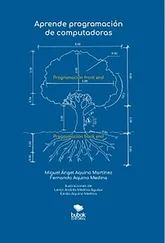‘To begin with,’ she explained, ‘the hermit ibis is too big to be referred to simply as a bird. You use the word bird for the tiny little varieties. Secondly, the reintroduction of the species after an absence of five centuries is underway, and it has been successful in Cádiz.’
‘I see you’ve been talking about the bird with your father. Maybe he’s been able to convince you that it’s impossible to have an ibis as a pet in the house?’
‘They have them in Cádiz.’
I asked Berta if she wanted to move to Cádiz.
‘Or wherever,’ she said.
The image of a seven-year-old boy watching his sister’s piano being taken out of the house through the window returned to me, the piano whose music had filled so many childhood afternoons.
‘But you can’t have an ibis as a pet in Cádiz either.’
Berta let out a huff of impatience, then turned around and left me to my papers.
I had become obsessed with writing the essay and had let go of the idea of publishing the interview with Vicente. Isabel had called again to ask me about it and to see if I’d found out anything more about what had brought the artist to our city. One of her bosses had become interested and had committed to a big spread covering the artist’s work. She also asked me if, in the end, Vicente Rojo would be giving classes at the high school. ‘Your daughter is so lucky, what an experience,’ she said. If that was the case, they’d even send a photographer, and they’d ask me to include some testimonials from the sessions. I didn’t have the courage to tell her that, for some strange reason that I couldn’t understand, Berta hated Vicente Rojo. I didn’t tell her, either, that Berta’s art teacher wasn’t letting him give any classes.
While my conversation with Isabel was becoming confused, in my mind the essay I was going to write was perfectly structured. I could hear the melody of the prose, with the same intonation as Vicente Rojo’s voice when he spoke. I told her I had several hours of conversation recorded, but that I didn’t think I’d got to the heart of his personality yet.
‘Don’t go over the top with your research,’ she said. ‘All you need to do is write a profile. Go through his background and his work, but most of all, I think it’d be interesting to reflect on the relationship between the artist and the students: if they’re interested in his work, if they cared about his experiences in exile, you know, something about what the younger generations think of illustrious figures who are already the last link to another time, another world.’
After hearing all of this, I still wasn’t able to reveal the fact that my daughter had already told me that there would be no classes. We agreed that I would call Isabel back soon, because the deadline was looming, and no other newspaper had published a story about Vicente Rojo yet. If we were the first to break the story, we would be able to say that our newspaper was still the most avant-garde, the most advanced, and the most dedicated to the promotion of culture. Vicente Rojo hadn’t mentioned that any other journalists had approached him, or that any other newspapers were interested in covering his stay in our city. I was certain there was no one else writing about him. But it’s true that when I saw the number of articles, monographs, and catalogues related to his work online, I felt discouraged and thought I’d never be able to write anything interesting, nothing that added to what had already been said. But I was clinging to the artist, because I wanted to turn him into something much more important than a famous painter: he was going to be a moral beacon, as well as an aesthetic benchmark. At that moment in my life, the most important thing was writing about the artist. From the very beginning, he had appeared as the perfect foil for my daughter. Now that I think about it, perhaps I thought that by understanding Vicente Rojo, I would also be able to understand my daughter.
Isabel’s haste for me to send her the article or the interview (or whatever it was) as soon as possible, and her interest in the viewpoints of the students taking the art classes, gave me enough encouragement to make another appointment with Vicente Rojo. He invited me to meet once more in his impeccable studio. On that afternoon, he was holding a pencil in his right hand. Although I had arrived at the agreed-upon time, I had the feeling that perhaps I had interrupted him, but there were no notebooks or any other materials on his work table that he could have been using to sketch. I couldn’t help thinking about the bits of paper covered in circles that Berta leaves all over the house.
I told him how my editor at the newspaper was asking for me to turn in the interview (or the report, or whatever it would be), and asked him why there were some aspects of his life that we had barely covered. He was surprised that I still didn’t have enough material for the article, given how long our meetings had been. I had no choice but to tell him that in our previous interviews, we’d spent more time talking about me and Berta than him.
‘Well then, write about yourself. It would definitely be more interesting.’
I couldn’t tell if it was modesty that led him to speak to me in this way, or if he was being ironic because he was annoyed.
‘There’s nothing interesting about my life, you can be sure of that. But at the newspaper, they think it would be very interesting to report on your visit and to follow along during your classes with the students.’
That afternoon the artist was more visibly affected than in previous visits. It was difficult to pick up on it, because he spoke with the same warmth, and his movements and gestures showed the same sense of balance that had fascinated me last time. But I heard him clear his throat for the first time. And after he cleared his throat, he let out a very subtle sigh. That’s how he confirmed what Berta had already told me: he wouldn’t be giving any classes at the school. It was clear he was annoyed, so if I truly wanted to extend the conversation, I had no choice but to take the reins myself.
‘My daughter told me there still isn’t a fixed date for the start of painting classes, but even so, I’d like to start writing the report.’
‘It makes me sad to see the people entrusted with your children’s education. Imagining their future is terrible. They’re supposed to be our great hope, don’t you think?’ He paused, but I knew not to interrupt. ‘Don’t think that now I’ll fall into the role of the bitter old man who pines for his youth and thinks that no other generation could possibly be as great as his own. I honestly hope that no other generation has to go through what mine did. But it’s truly disheartening to see what’s going on now. Those people who call themselves teachers aren’t interested in my classes, or anything I could teach the students. Here, nobody knows who I am. And that doesn’t surprise me at all. These kids are the product of previous generations who spent too long navel-gazing, denying the existence of anything happening outside their own field of vision. But I don’t blame them. Maybe it wasn’t even that important.’
‘I could speak with the school’s principal, or the director of studies? It would be a shame for the kids to miss out on the privilege of taking classes with you. I could write about all this in the article, then they’d have to let you teach the classes, right?’
For a few seconds he looked me in the eyes silently. He seemed startled and defeated in equal parts. The calm and balance that had made such an impression on me in our first meetings had disappeared from his gaze. He was begging for help. But I wasn’t the person to give him the care he needed. His gaze managed to unsettle me just as much as Berta’s. I never seemed to be up to what he asked of me.
Читать дальше
